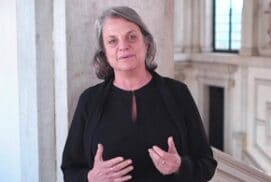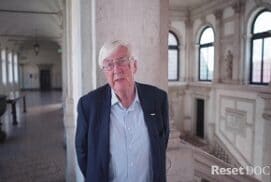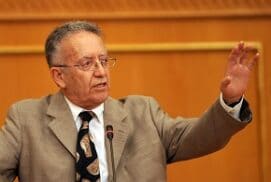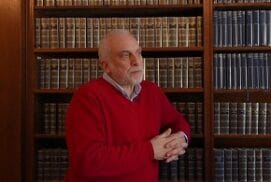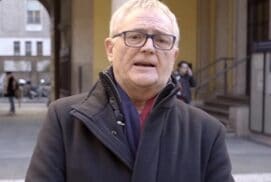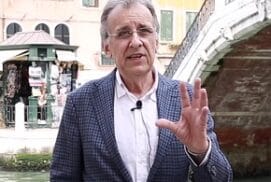Yael Tamir 3 December 2019
The reemergence of nationalism is a sensible response to the changing social, political and economic circumstances rather than an uncontrolled outburst of destructive human qualities. The less well-off revoke national feelings in order to convince the elites to come back home from their global voyage and put their nation first. How can we progressive liberals combine national and liberal ideas able to give answers to those vulnerable left behind by globalization?


